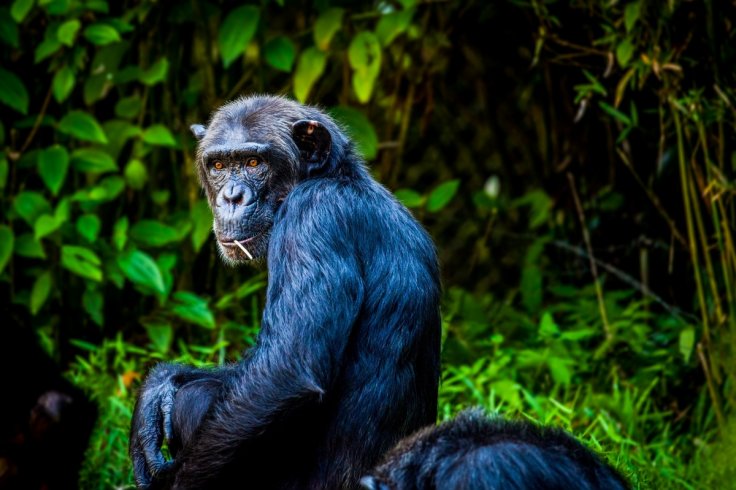
Technology has opened several avenues in different sectors. Recently, scientists at the University of Oxford have developed a new artificial intelligence (AI) software that will recognize and track the faces of individual chimpanzees in the wild, thus saving researchers a lot of time otherwise spent on analysing video footage.
Dan Schofield, researcher and D.Phil. student at Oxford University's Primate Models Lab in School of Anthropology said that chimpanzees have complex social lives and live for many years. So through the snapshots of their behaviour "from short-term field research can only tell us so much."
But this new AI technology will make it "feasible to measure behaviour over the long term, for example observing how the social interactions of a group change over several generations."
As per the new study, which was published in Science Advances, this newly developed technology is capable of using more than 10 million images from Kyoto University's Primate Research Institute (PRI) video archive that includes footage of wild chimpanzees in Guinea, Africa.
It should be mentioned that this software is the first technology that can continuously track and recognise chimpanzees in a wide range of poses. It also works fine during difficult conditions such as low lighting, poor image quality and motion blur.
Arsha Nagrani, co-author of the study and D.Phil. student at the Department of Engineering Science, University of Oxford explained that the new and next-generation technology has opened the doors for many possibilities. "Our method differs from previous primate face-recognition software in that it can be applied to raw video footage with limited manual intervention or pre-processing, saving hours of time and resources."
Even though the current software is developed to monitor chimpanzees, the technology could be used on other species and may boost the adoption of AI systems to solve several issues related to wildlife.
Nagrani mentioned that this software is currently available open-source for the research community and the researchers hope that this will help others in their study.
Schofield stated that while the biodiversity crisis increases, many of the world's ecosystems come under threat, and "the ability to closely monitor different species and populations using automated systems will be crucial for conservation efforts, as well as animal behaviour research."
The researcher also mentioned that the interdisciplinary collaborations like this showed huge potential to solve old problems and biological questions which were previously not possible.
In addition, it should be noted that wildlife conservation projects are currently using such technologies in a wide range to monitor and track and also protect animals.
In fact, Intel developed a tracking software based on AI this year that is being used in TrailGuard AI cameras to detect the poachers who are illegally entering wildlife reserves.









